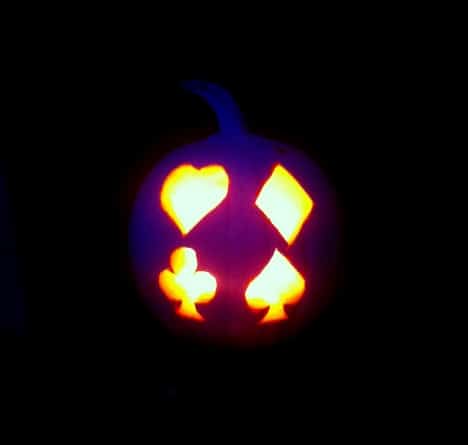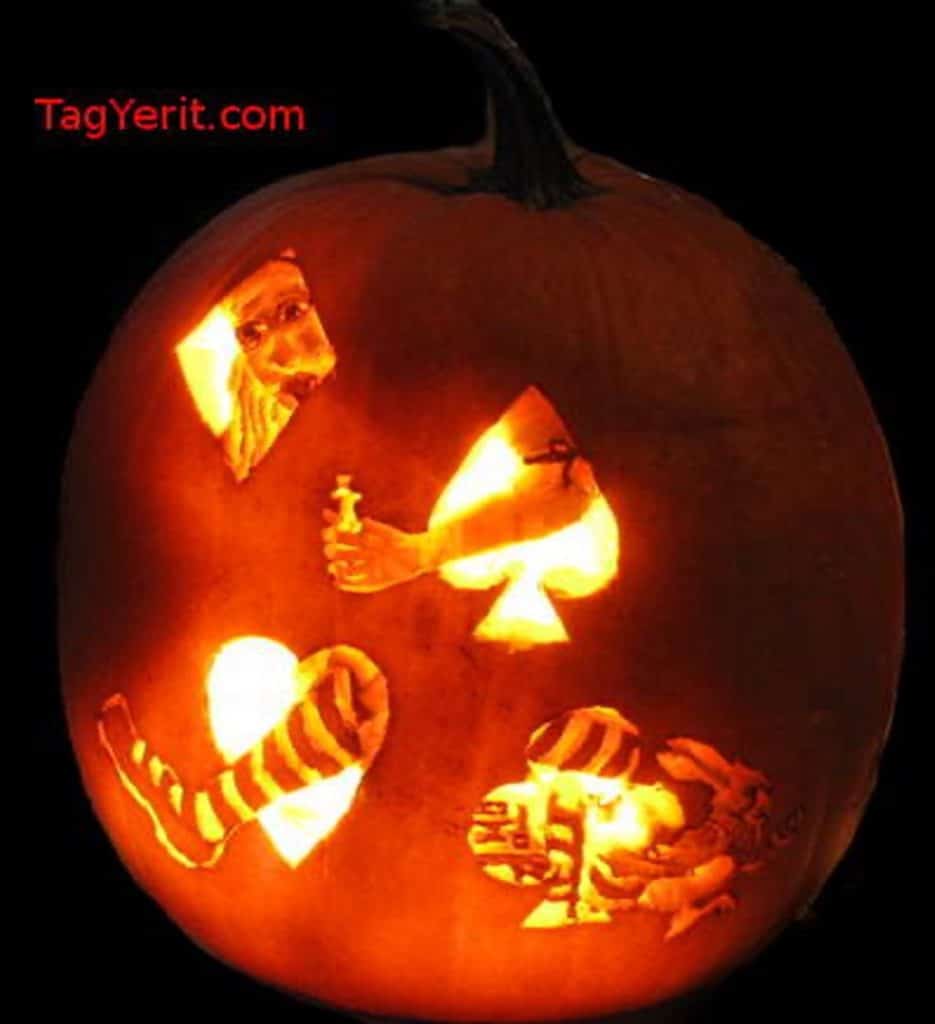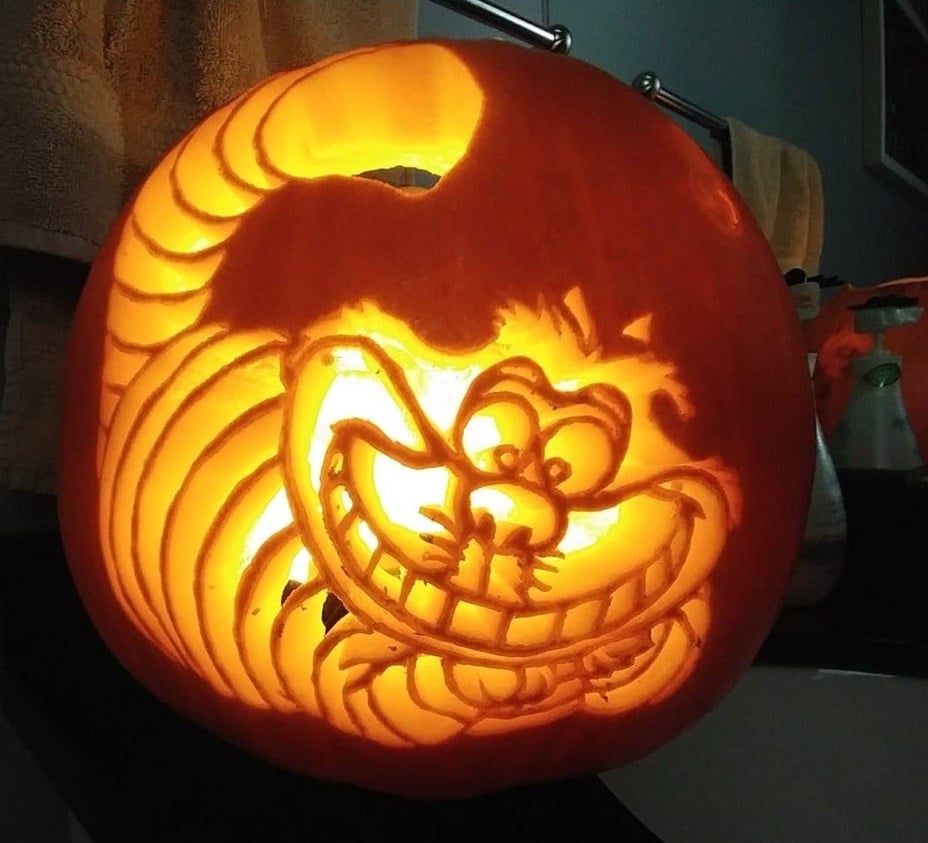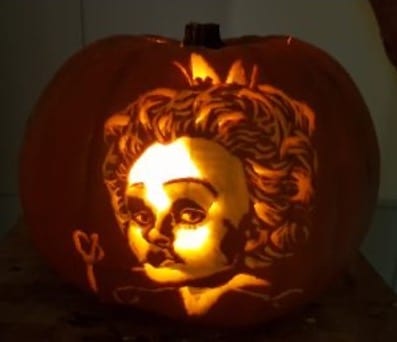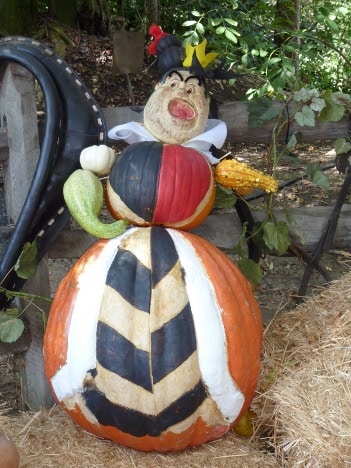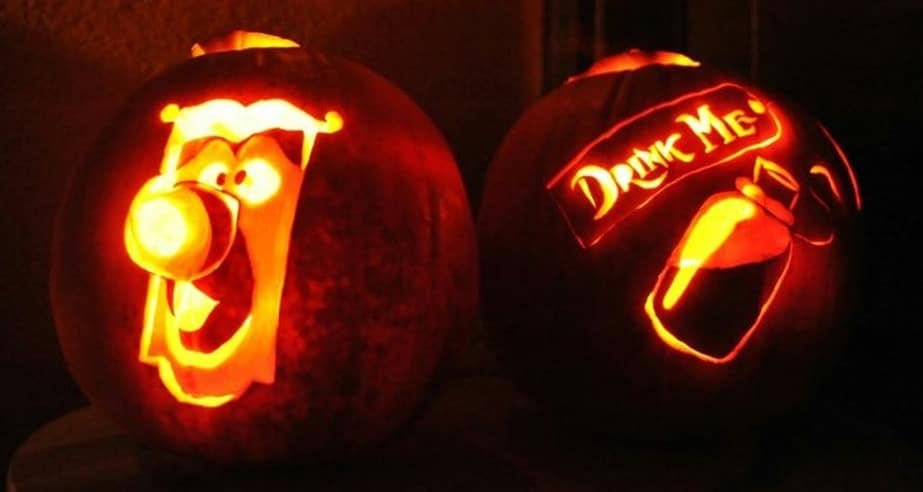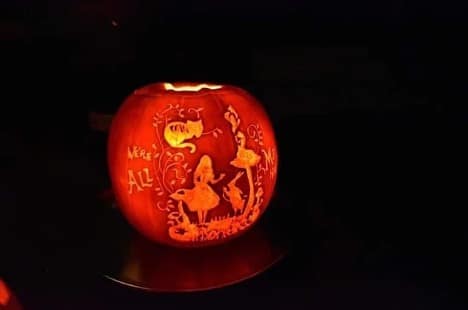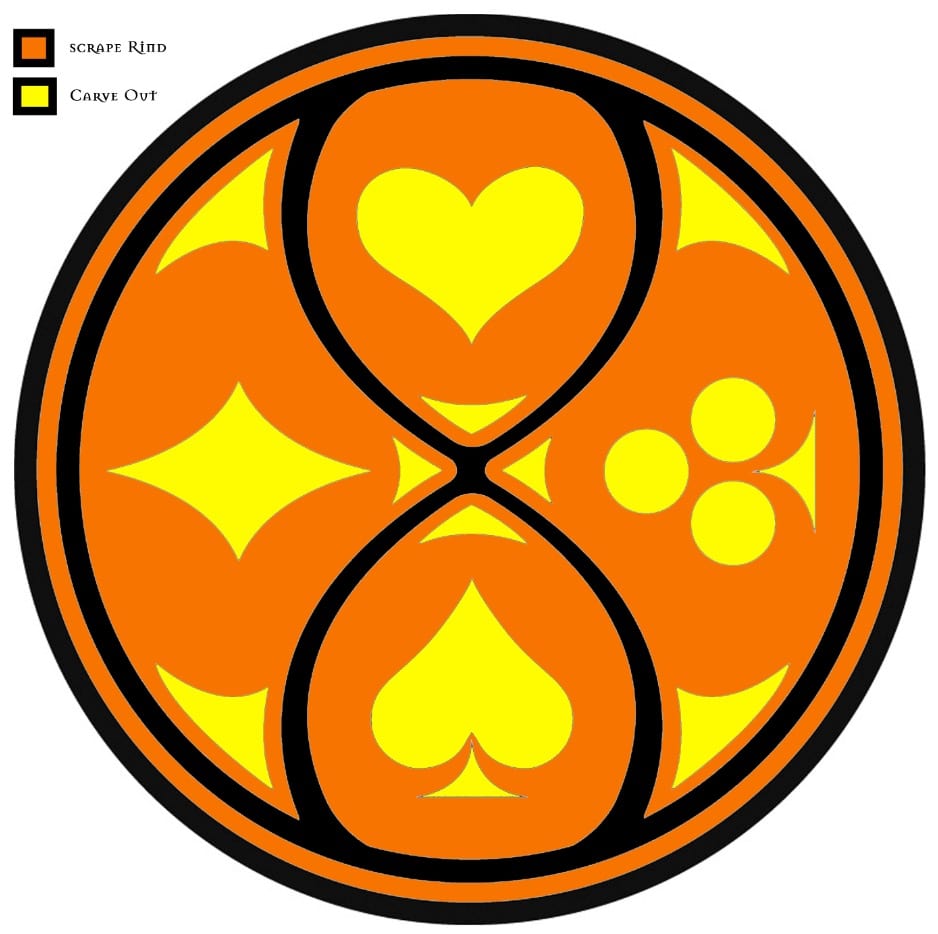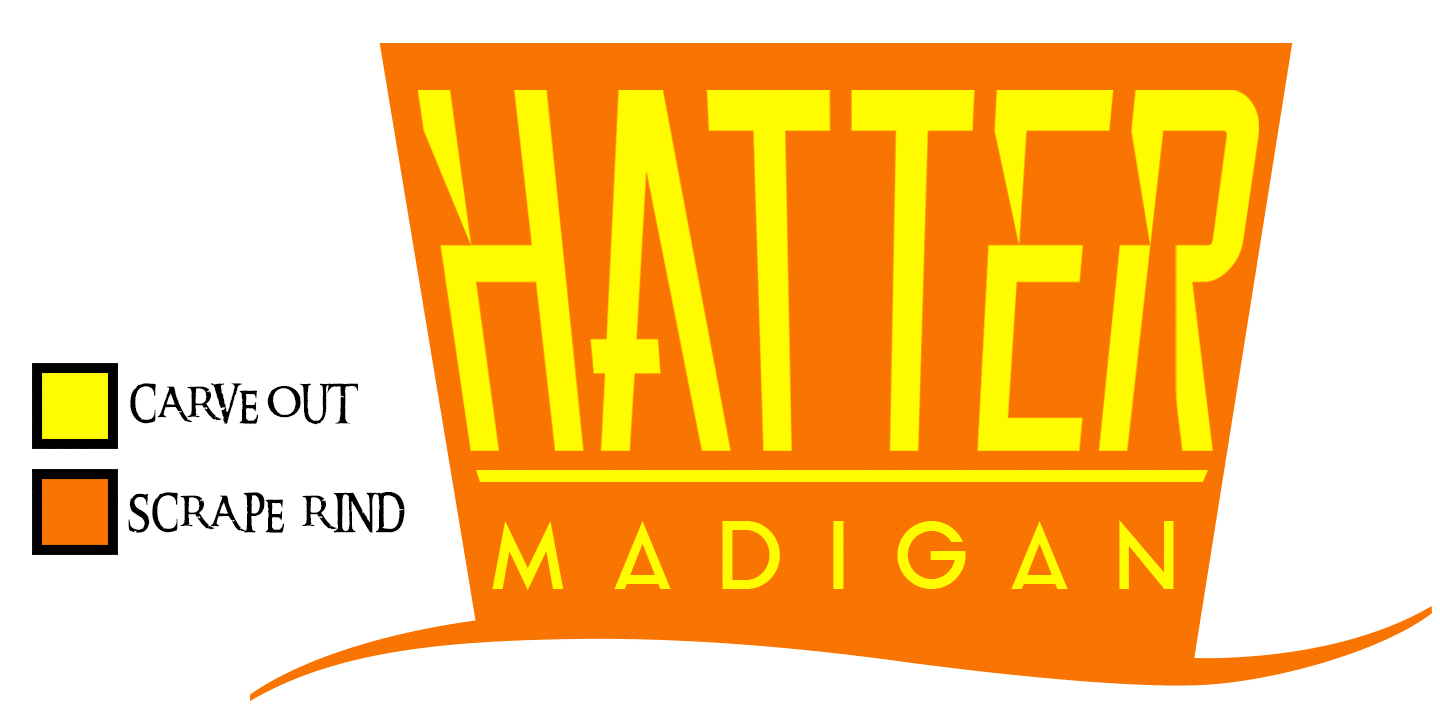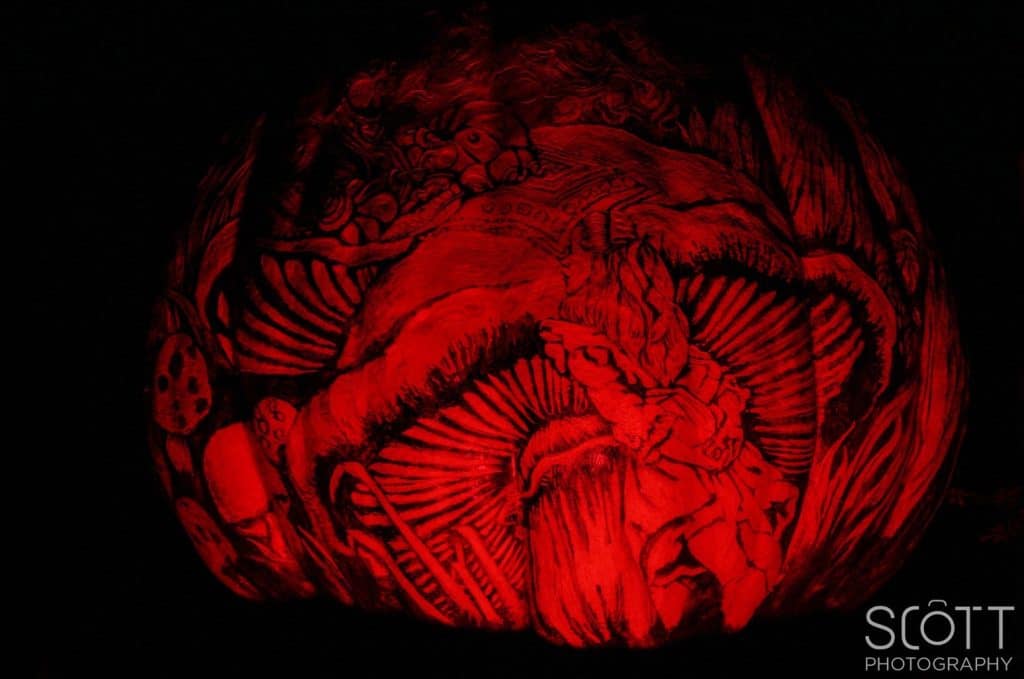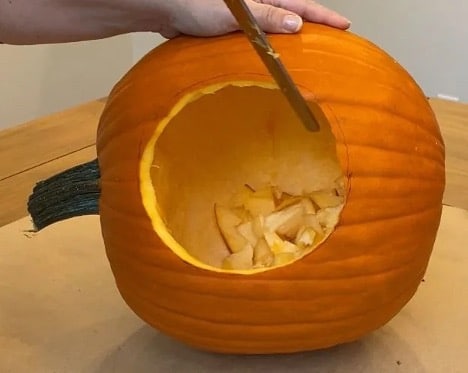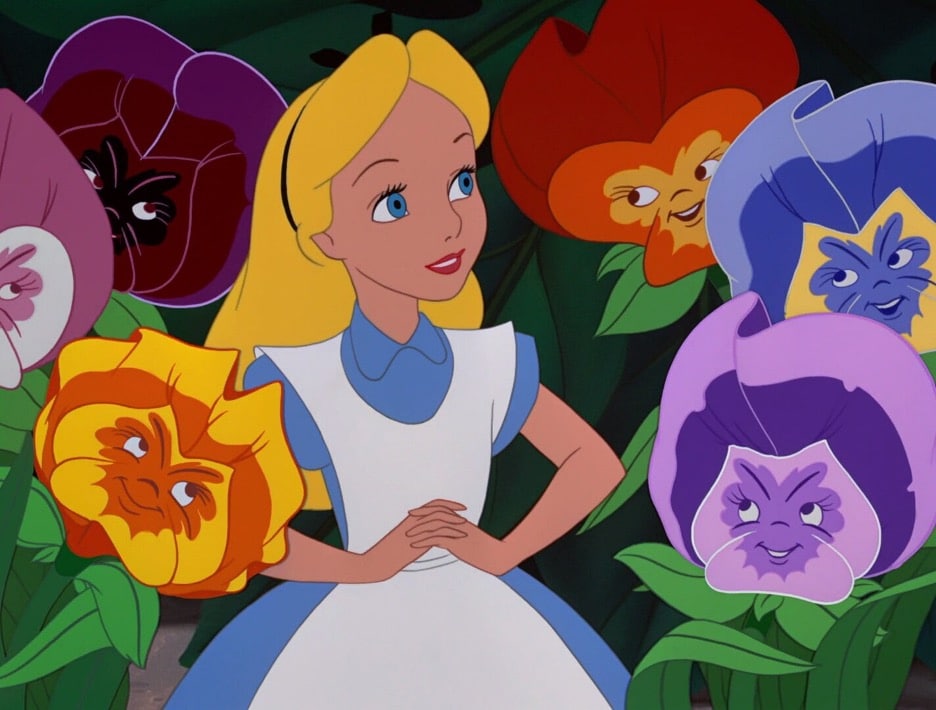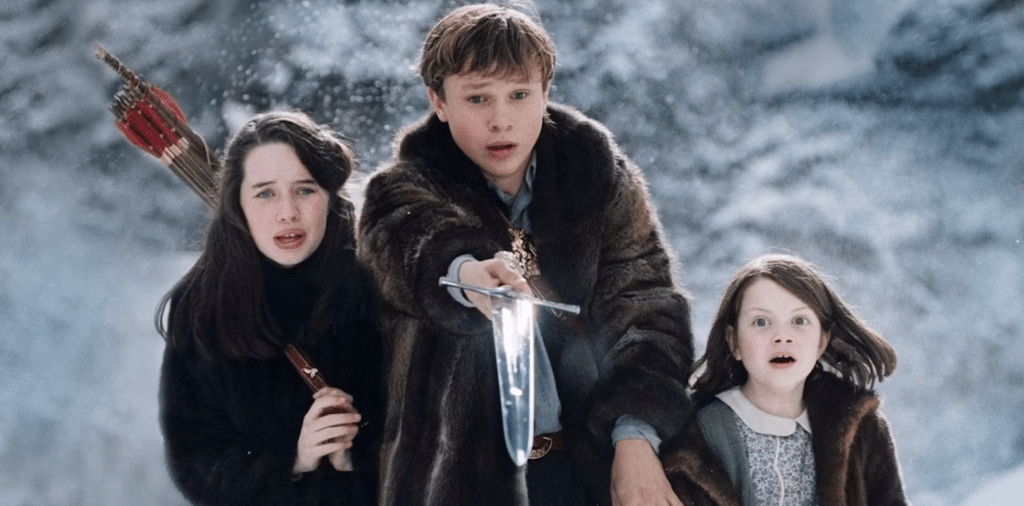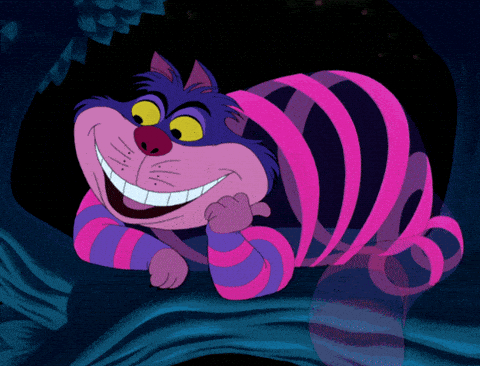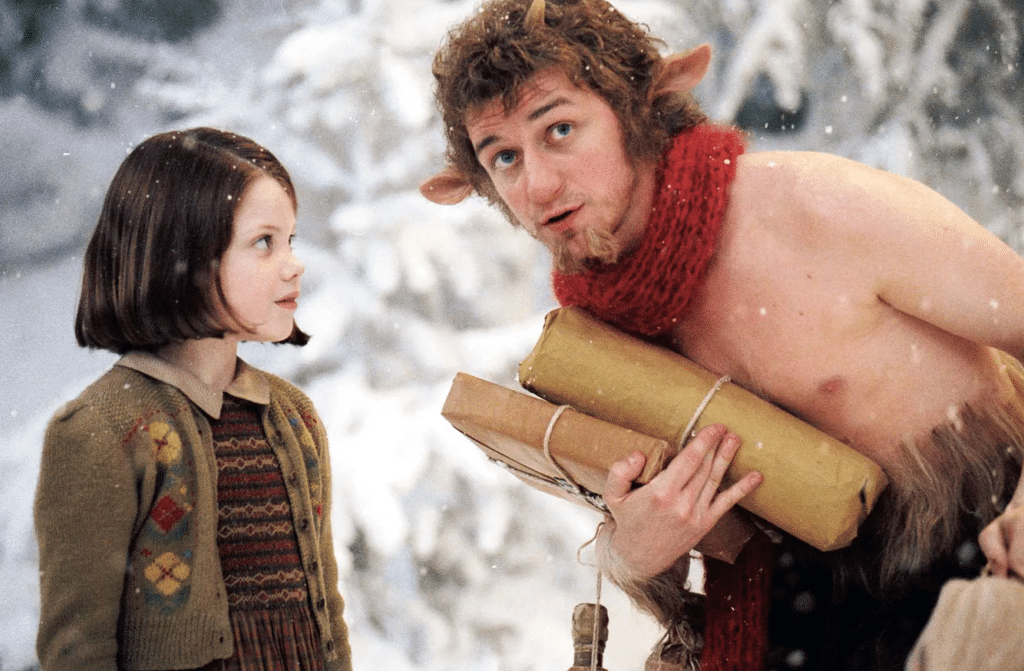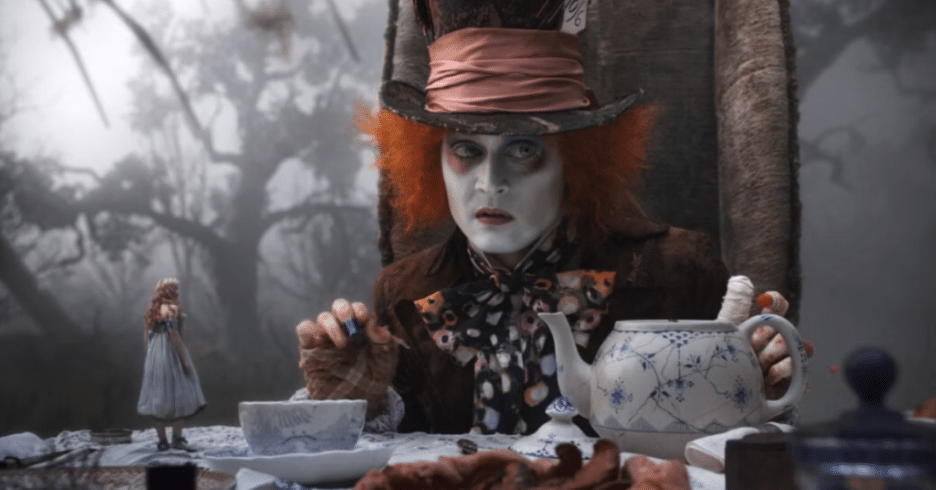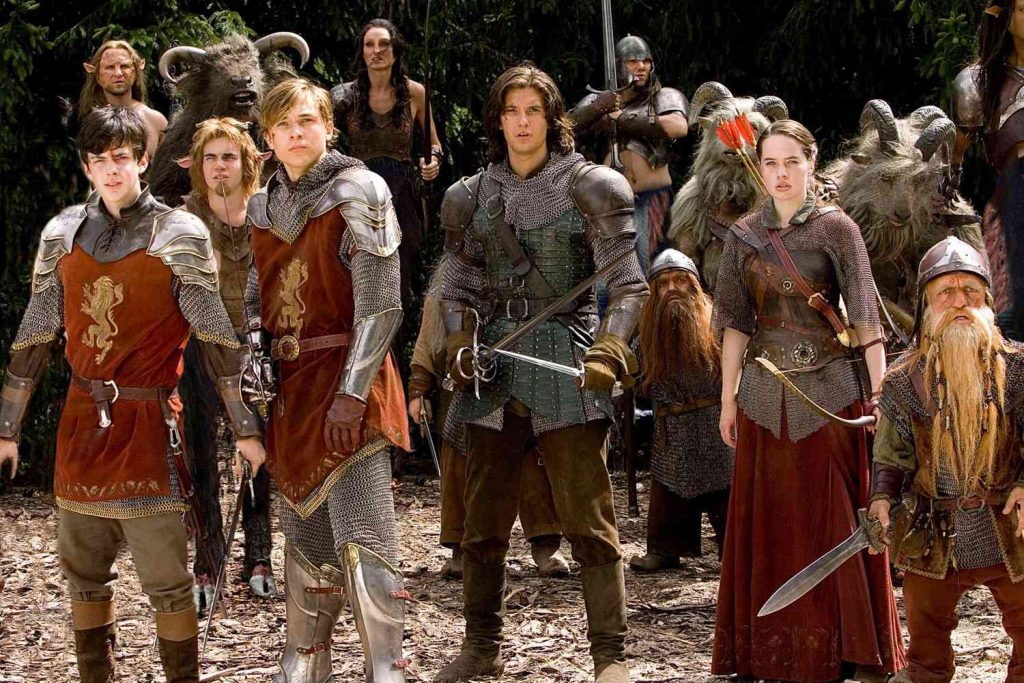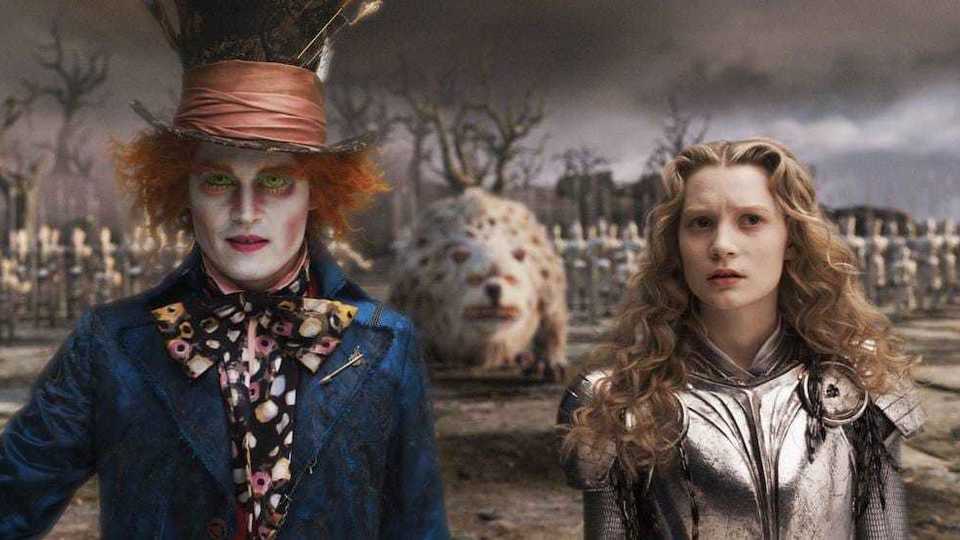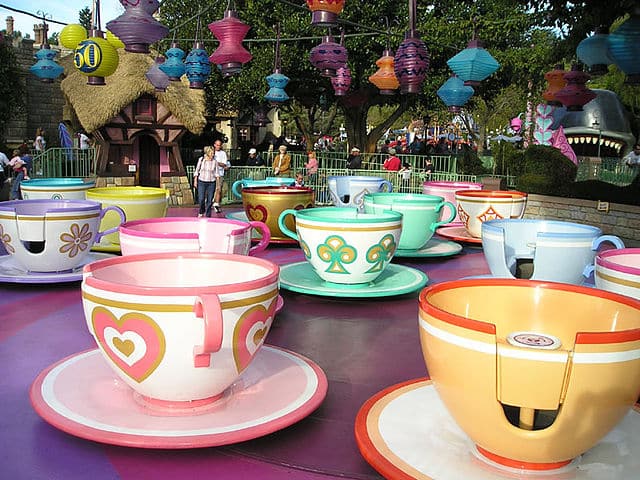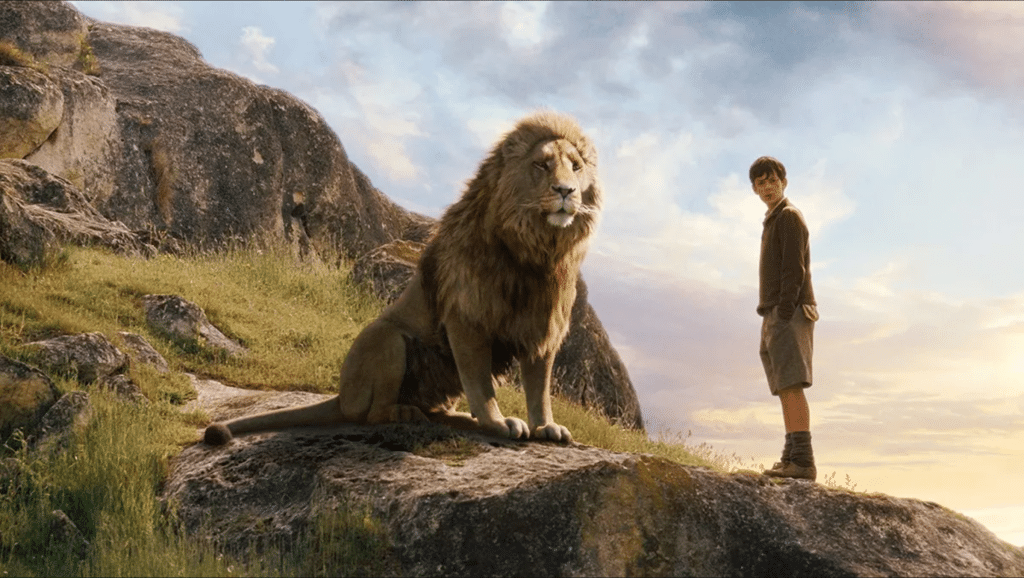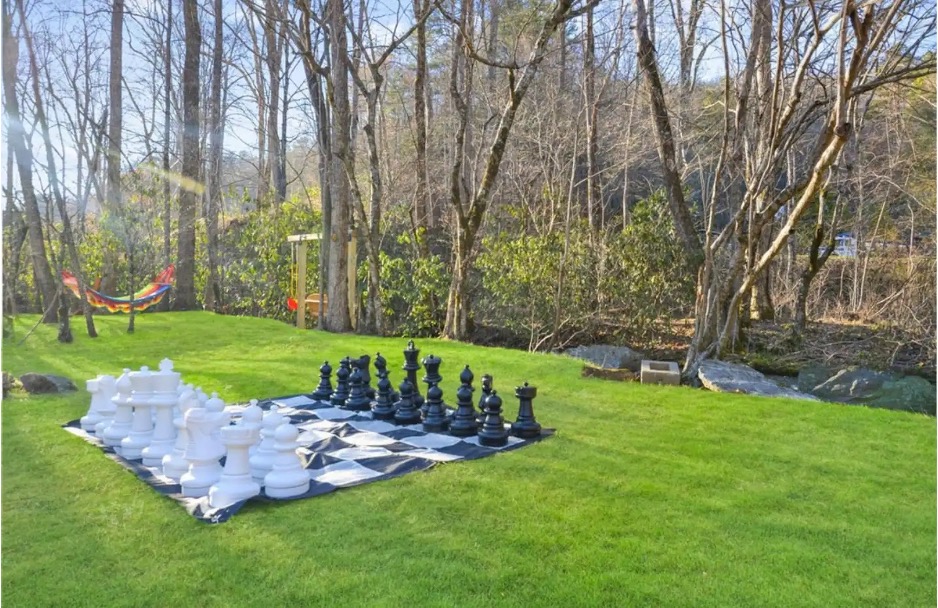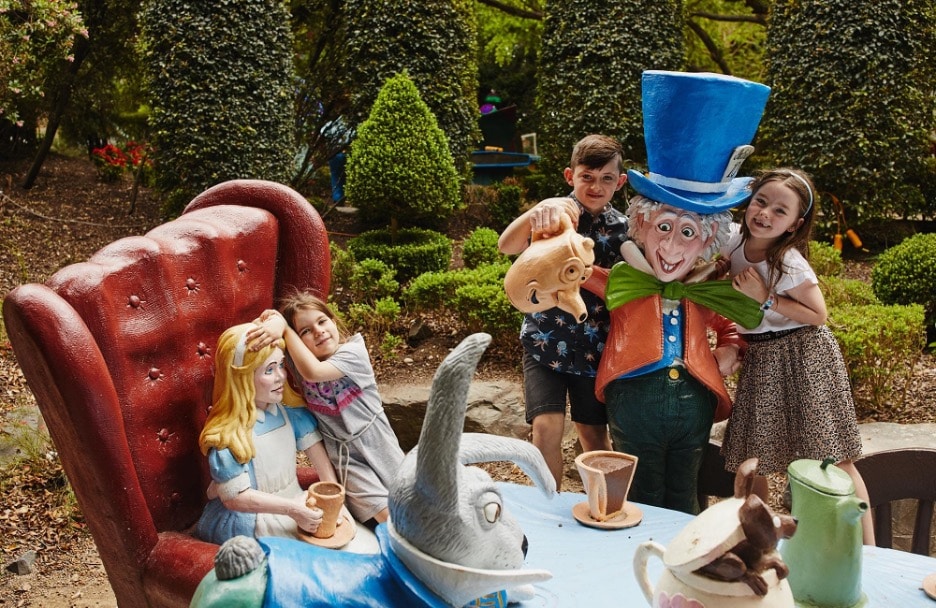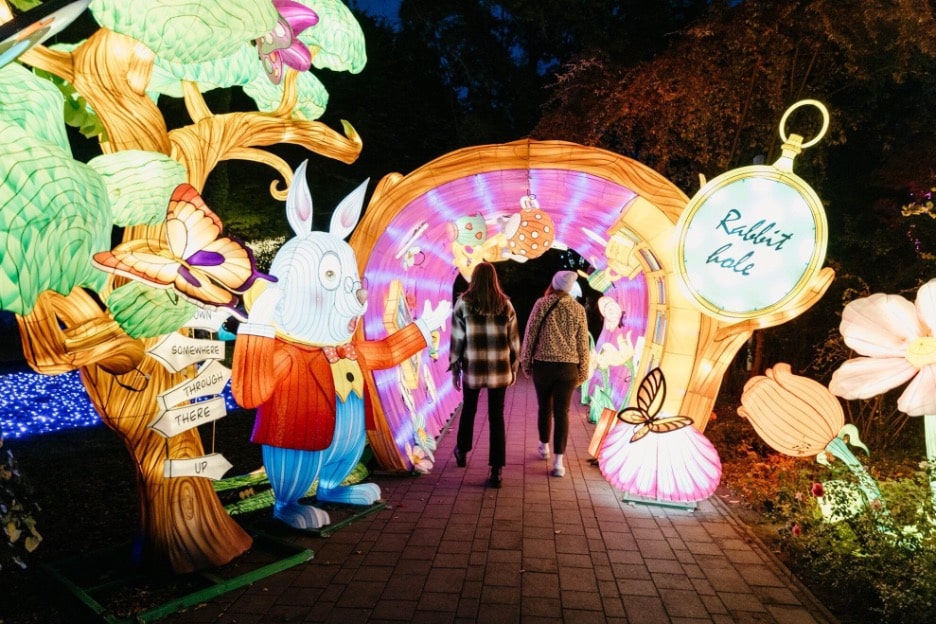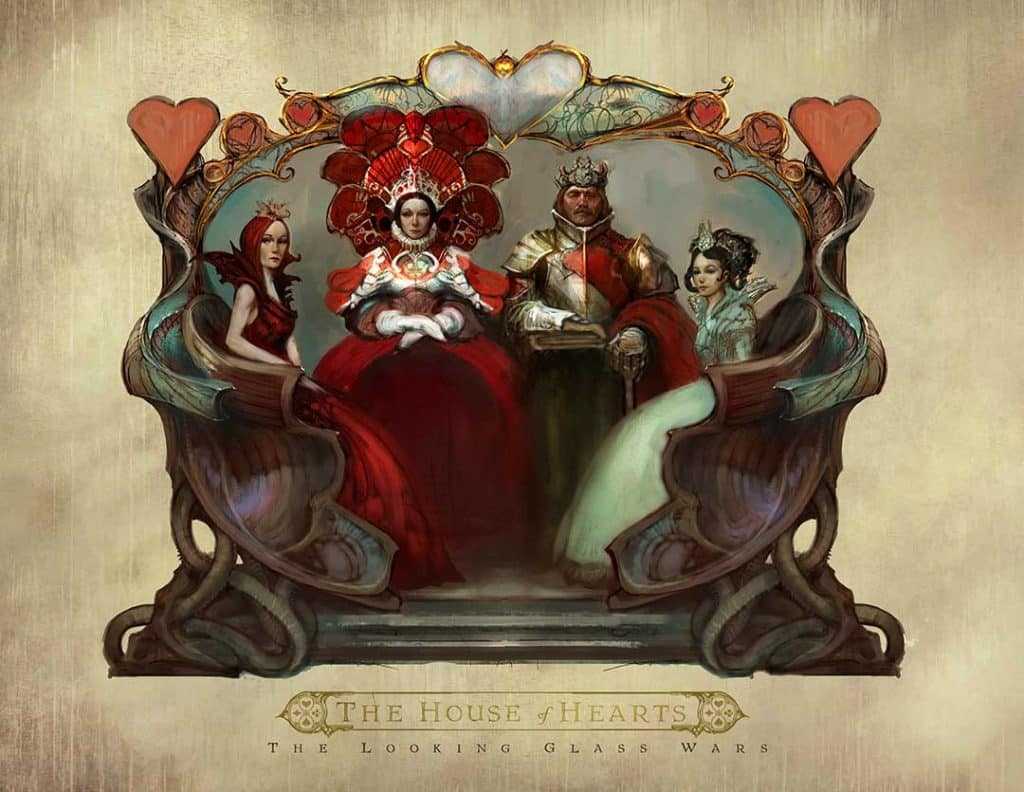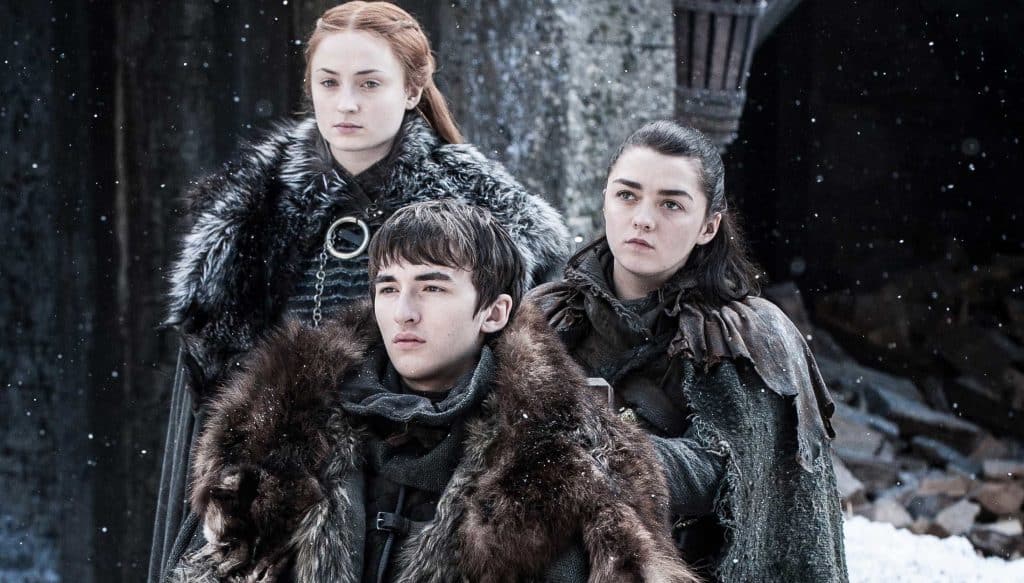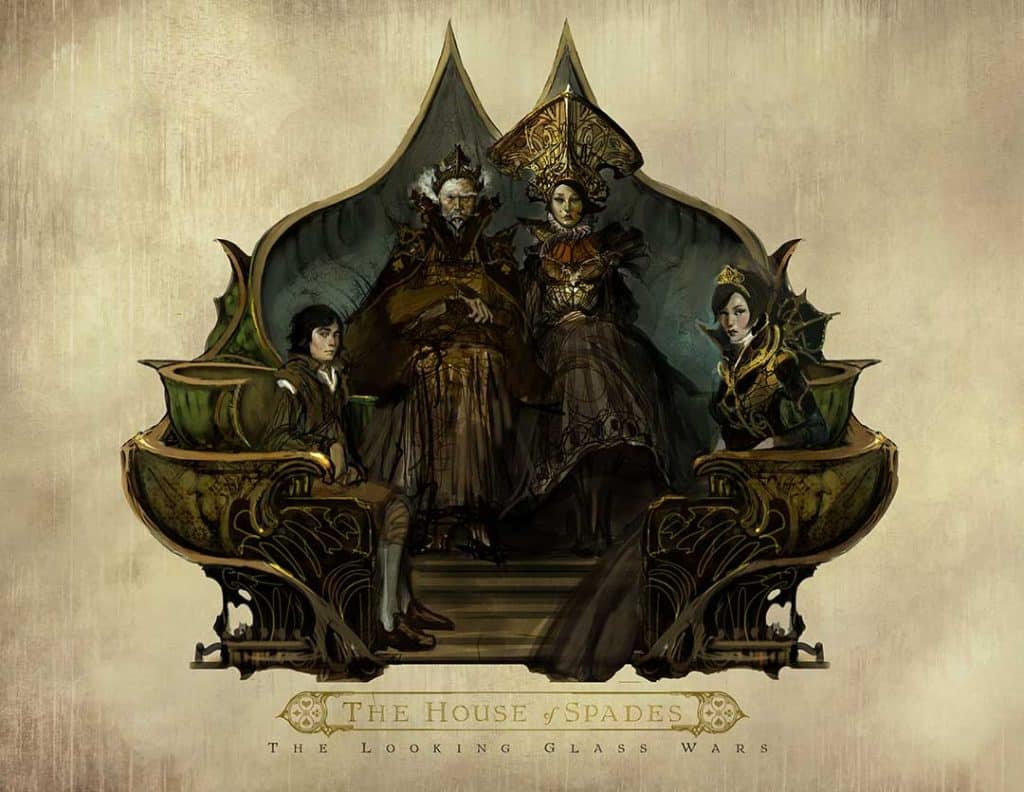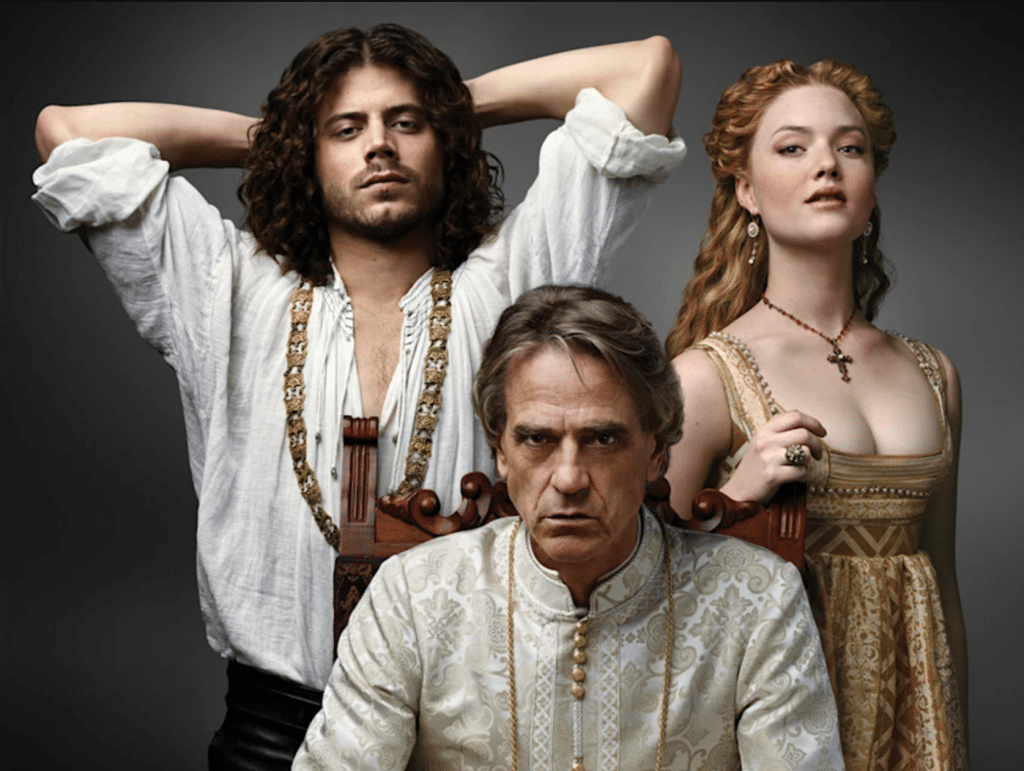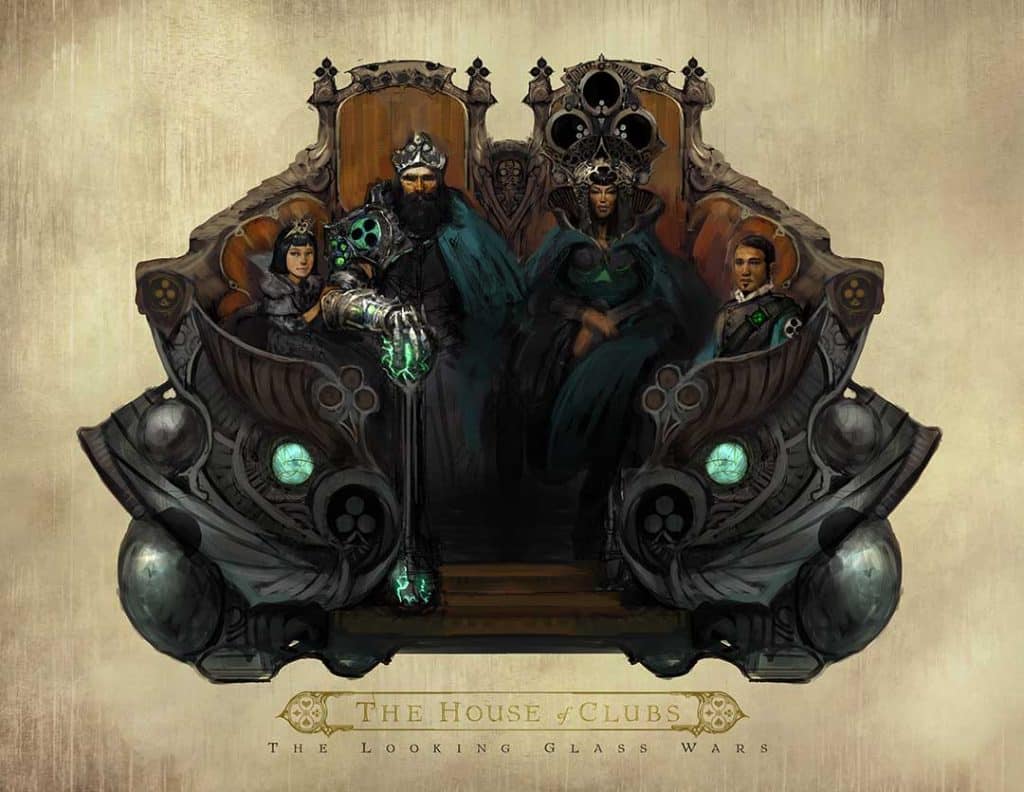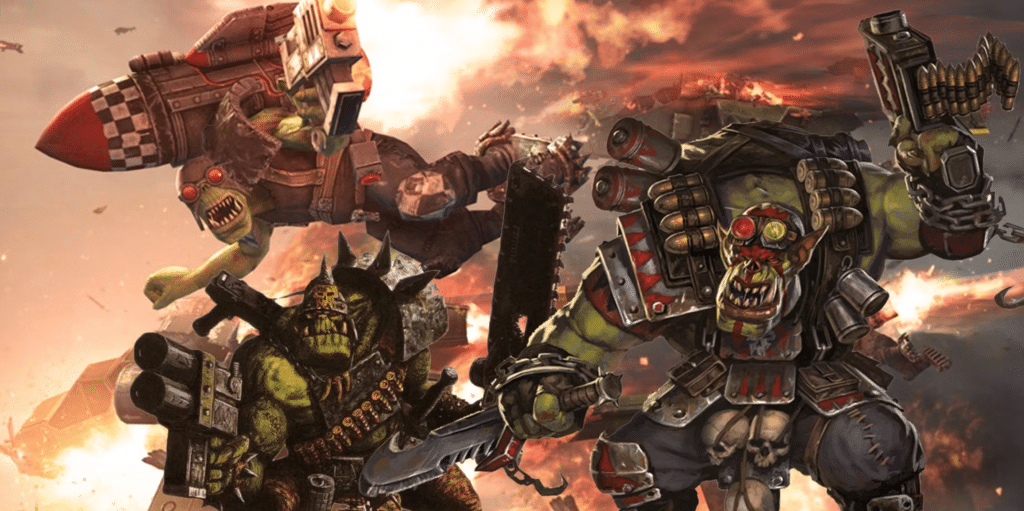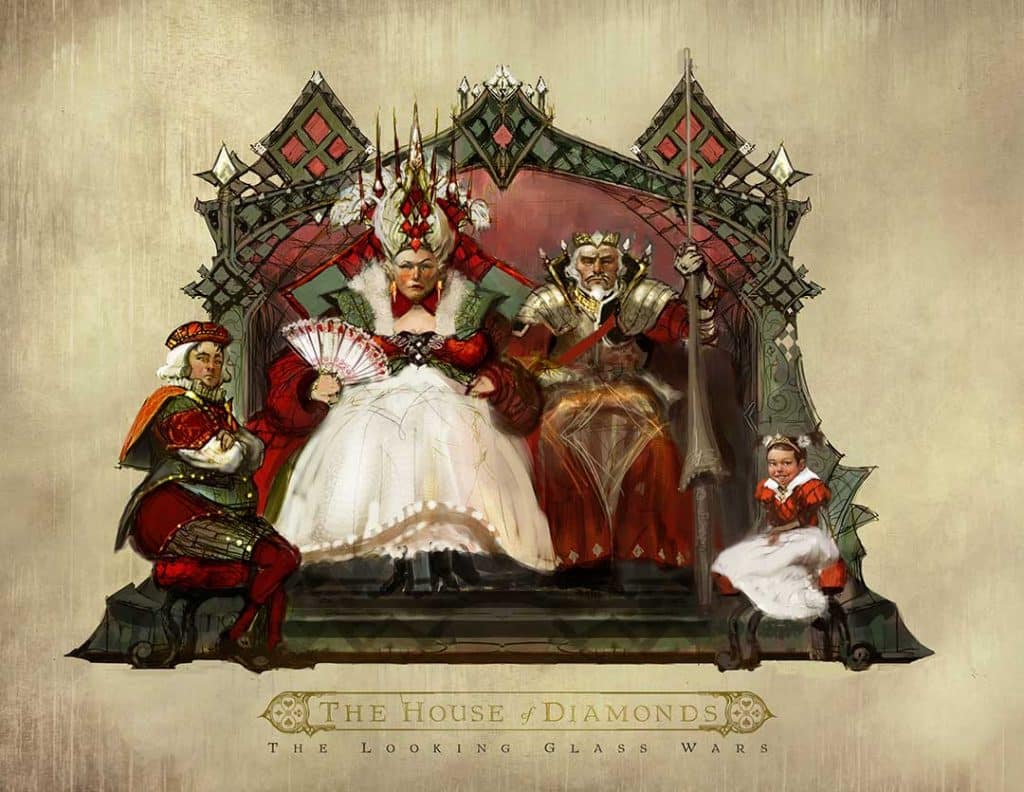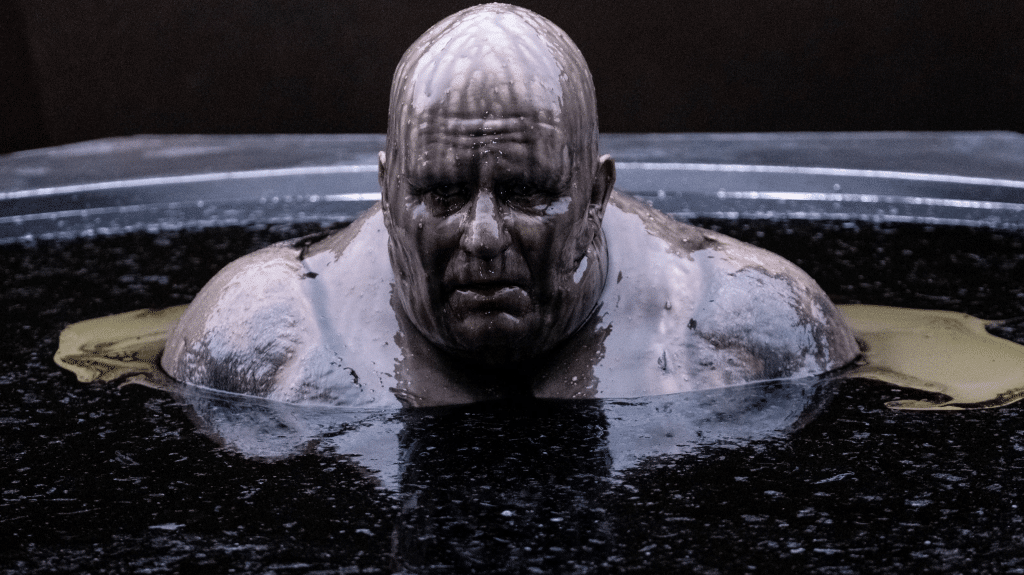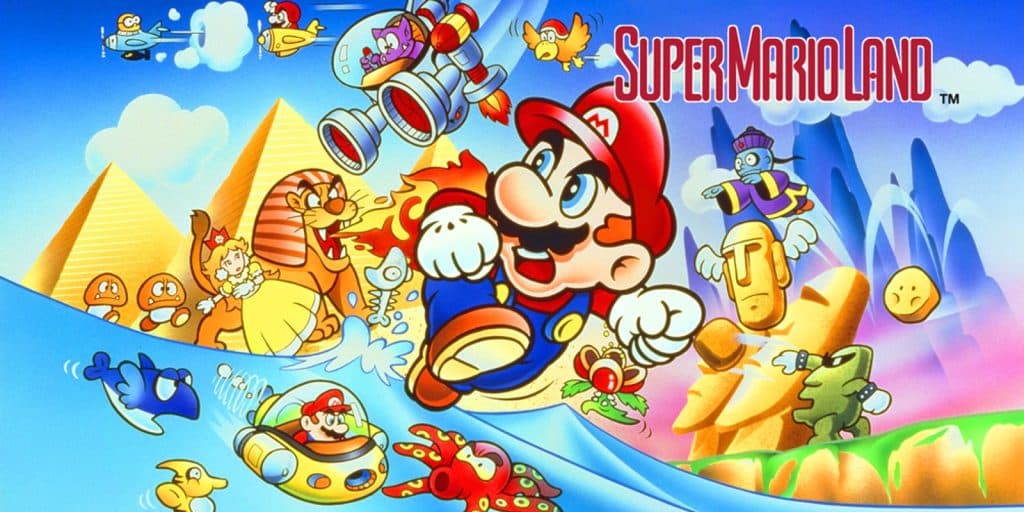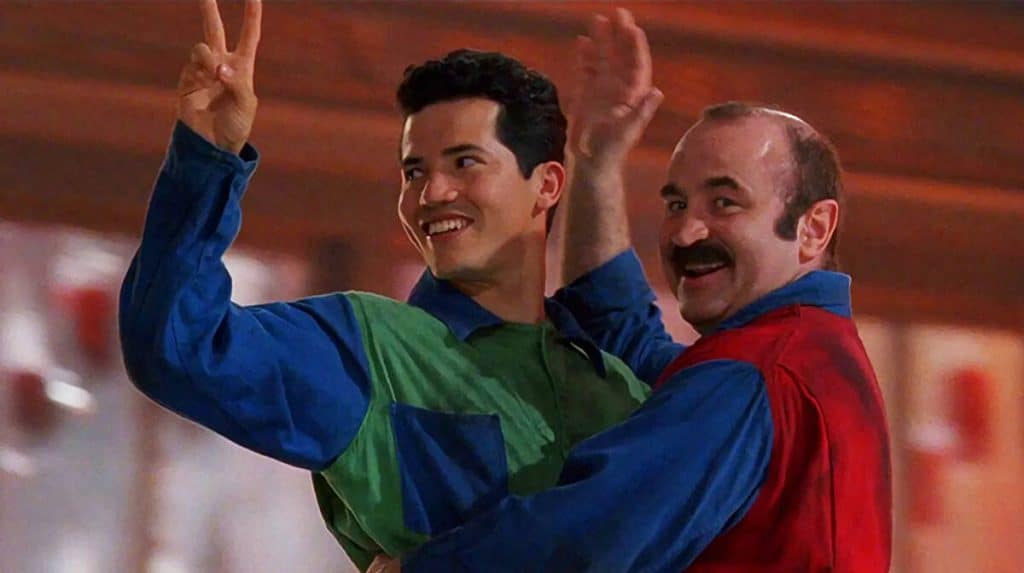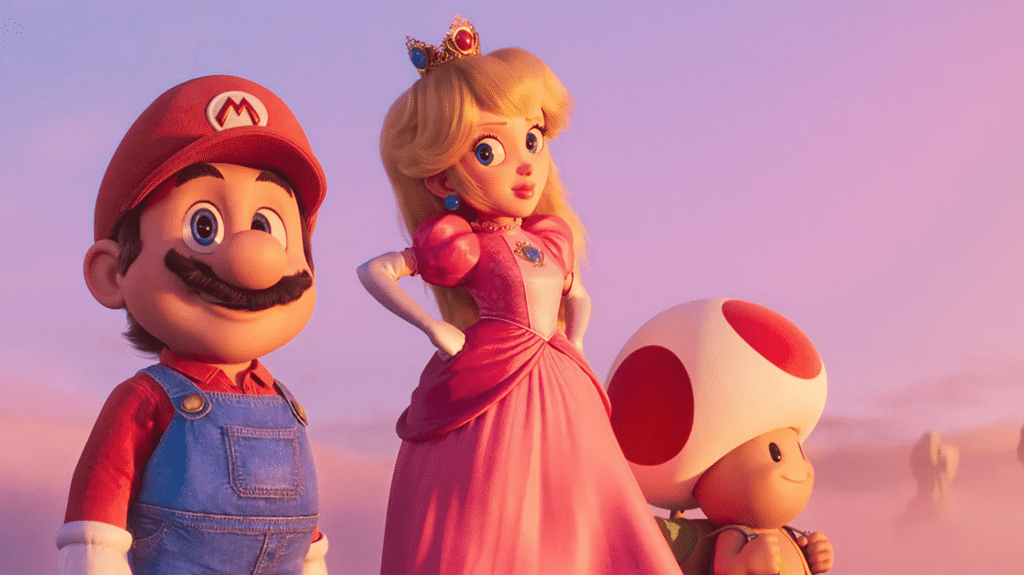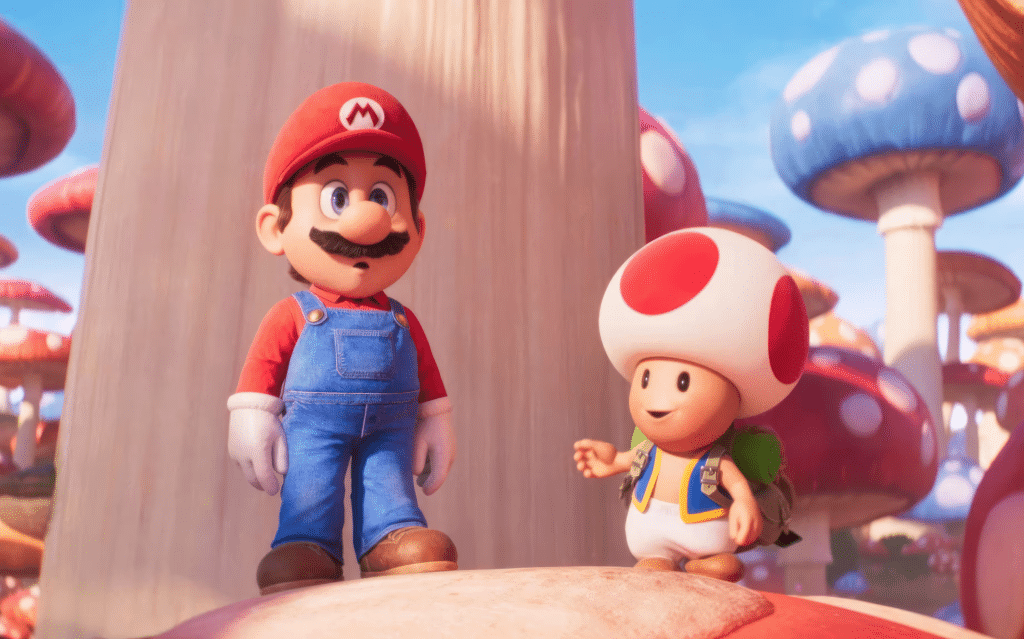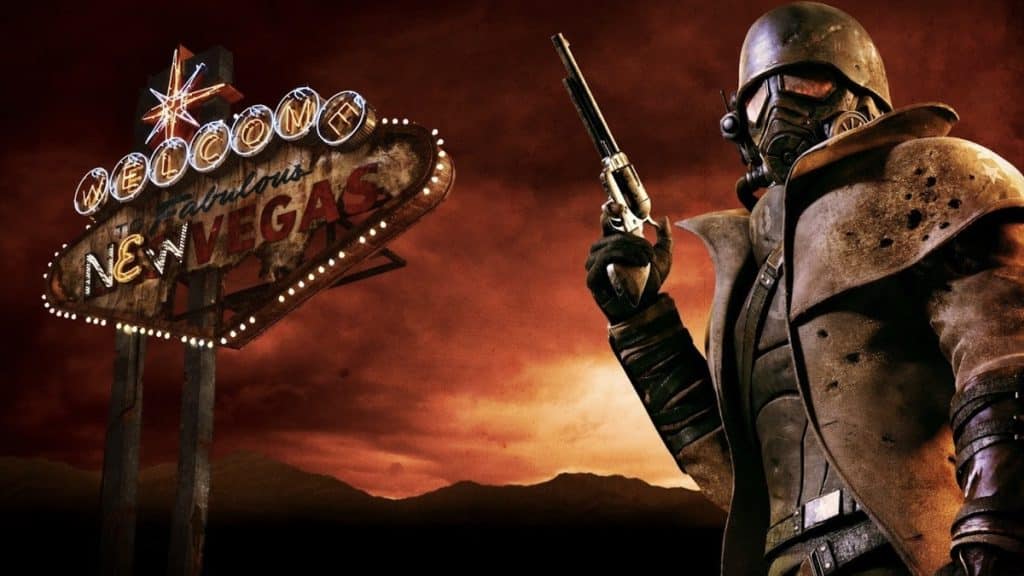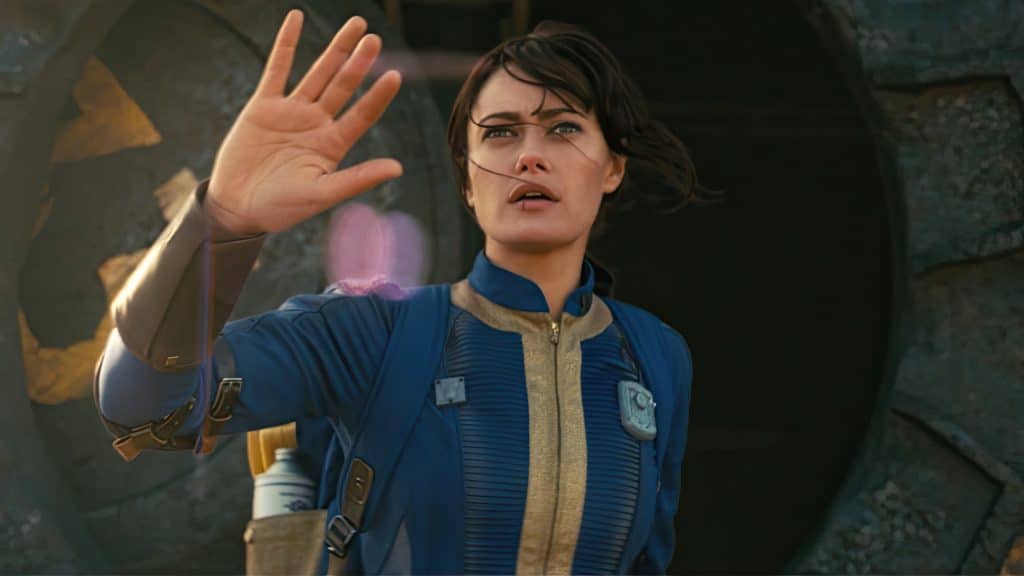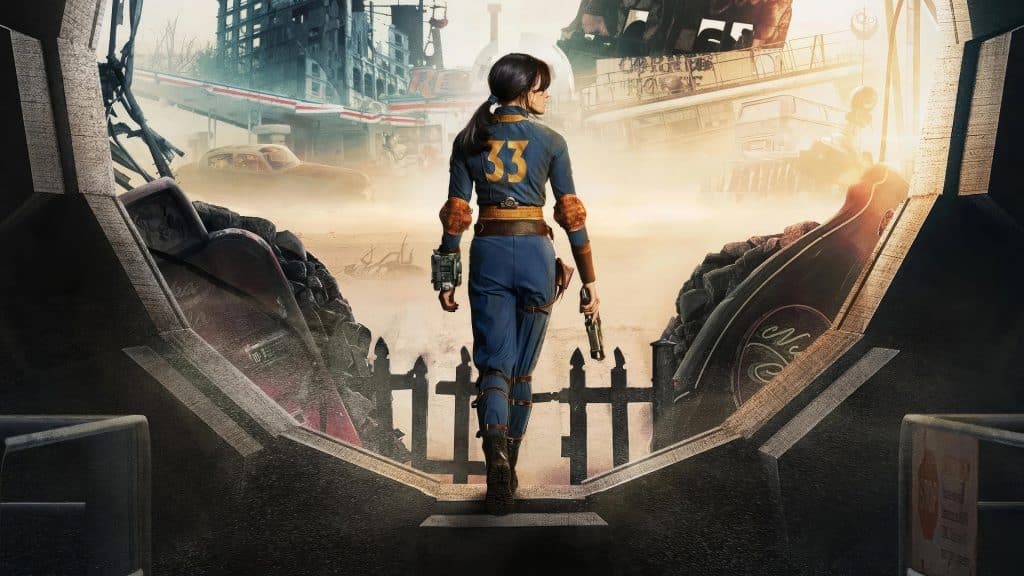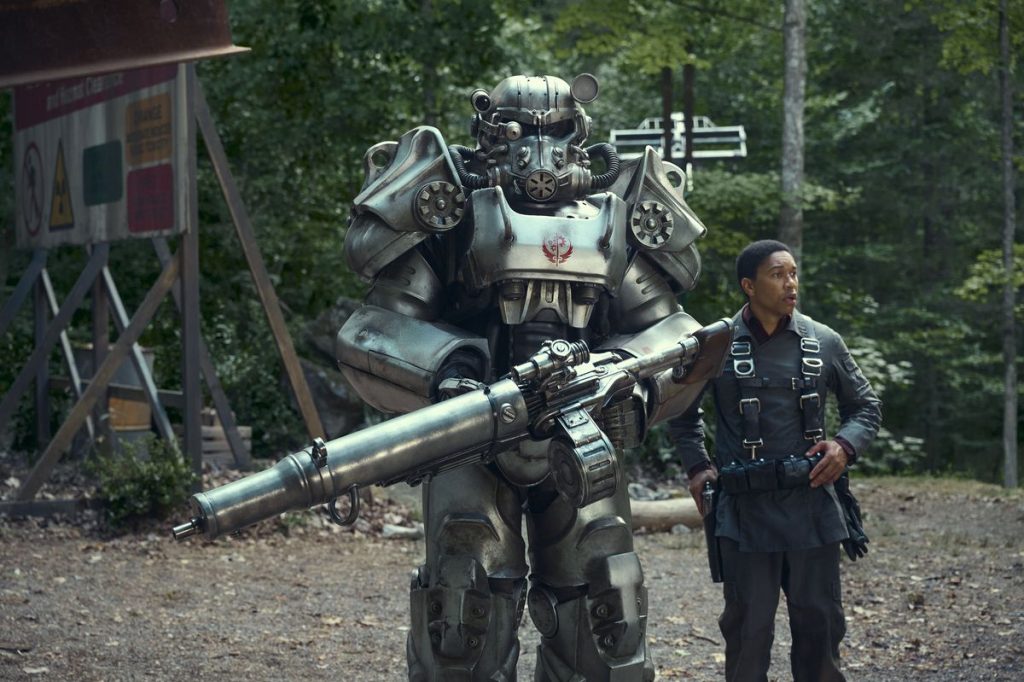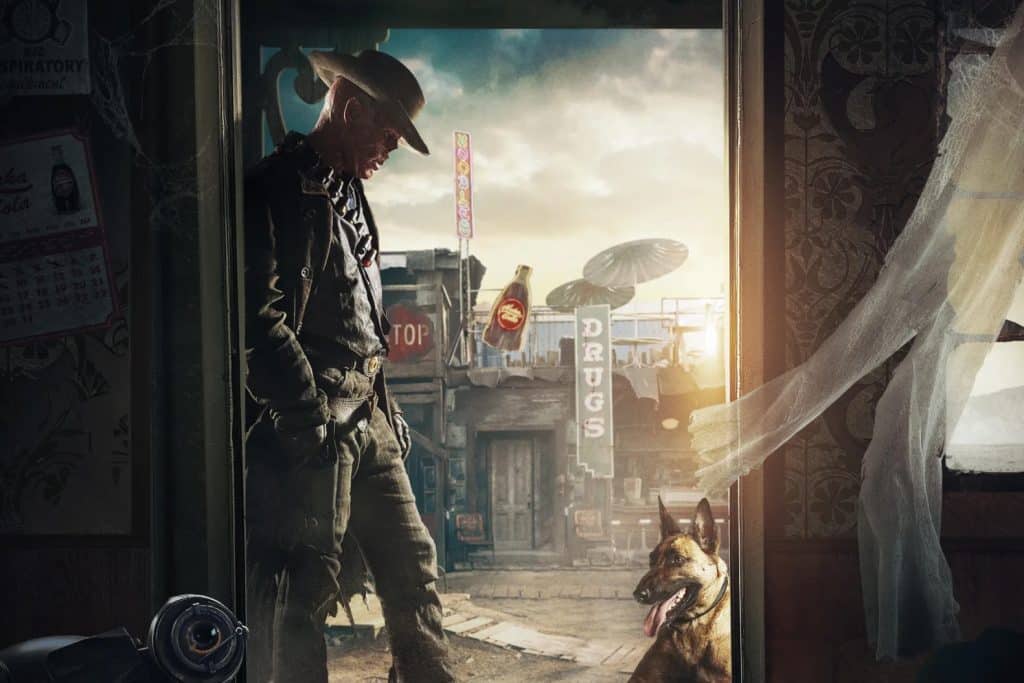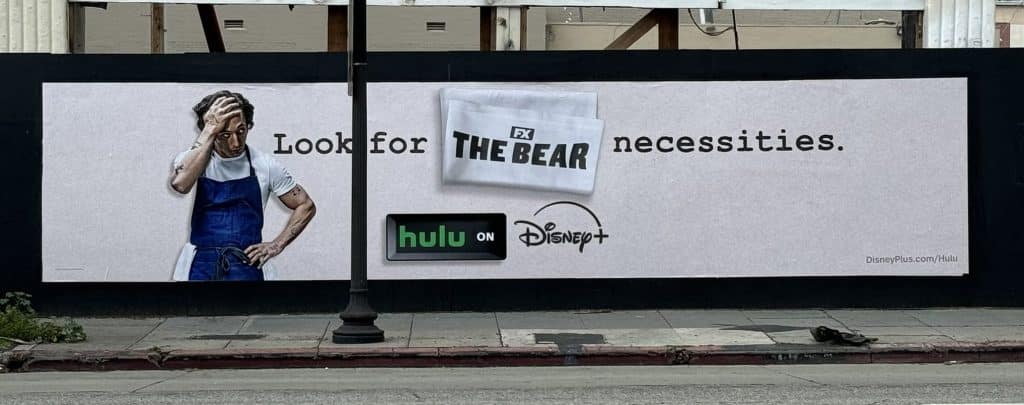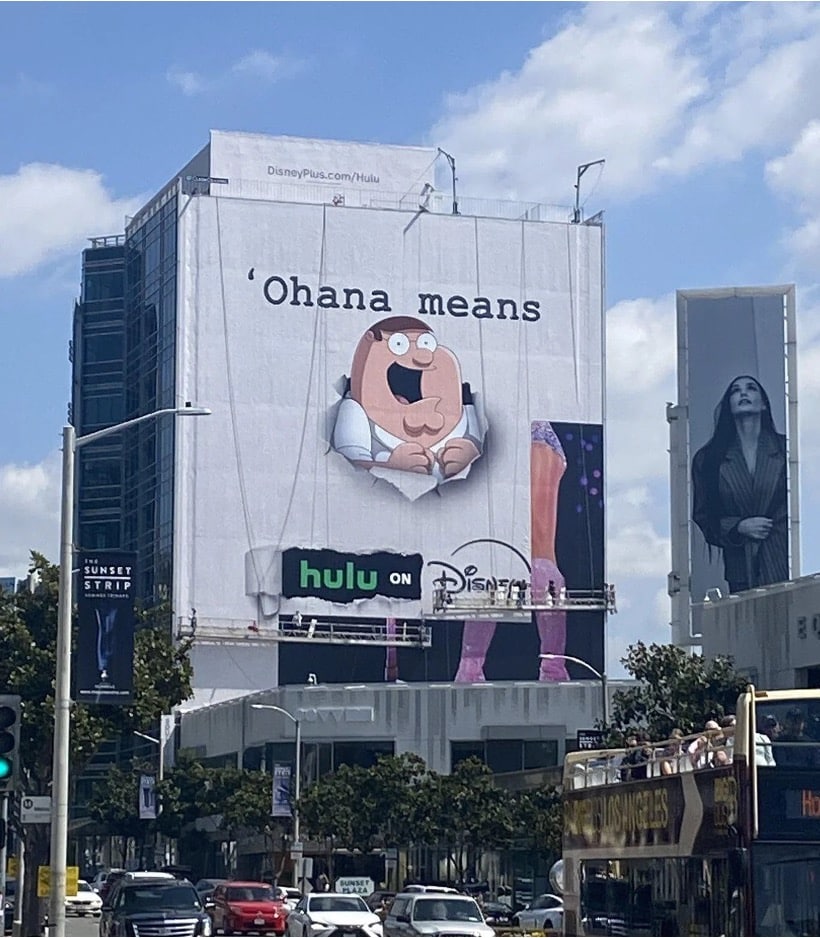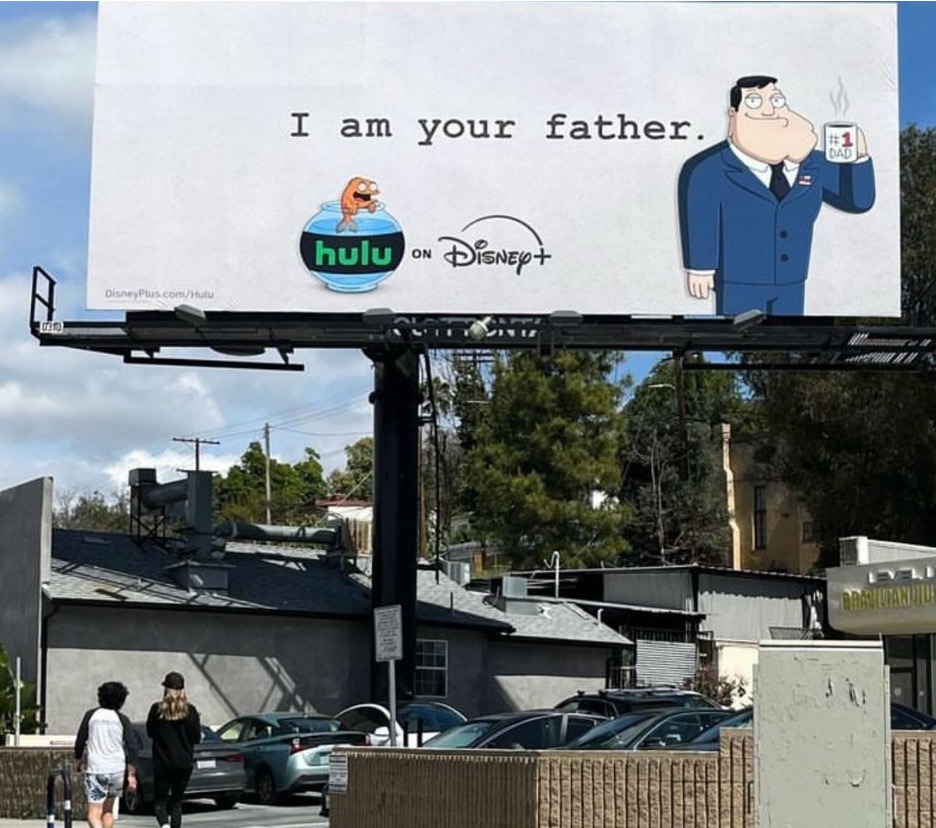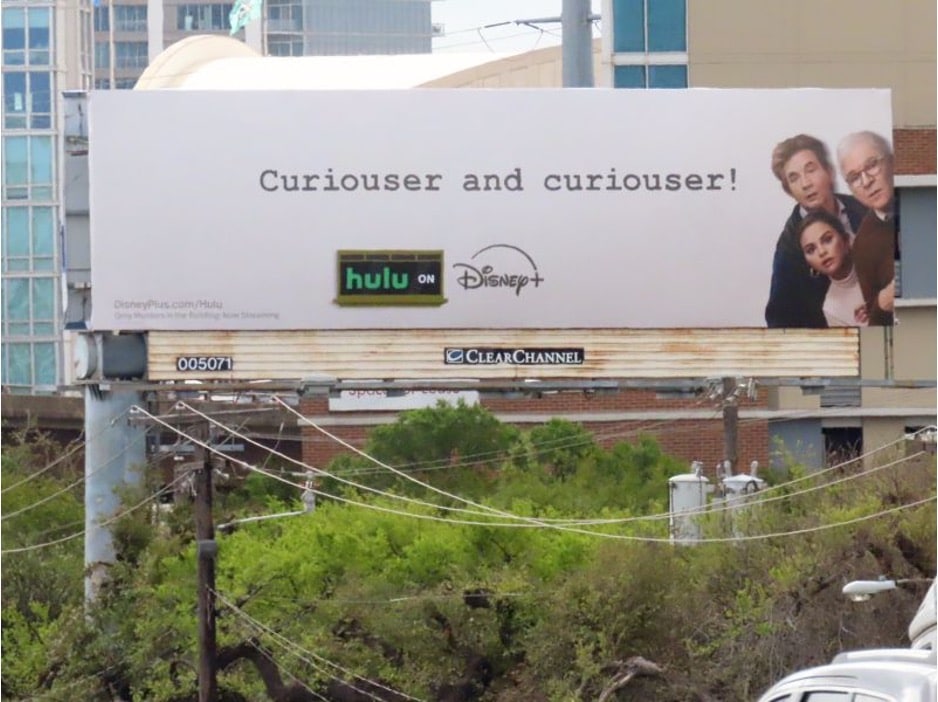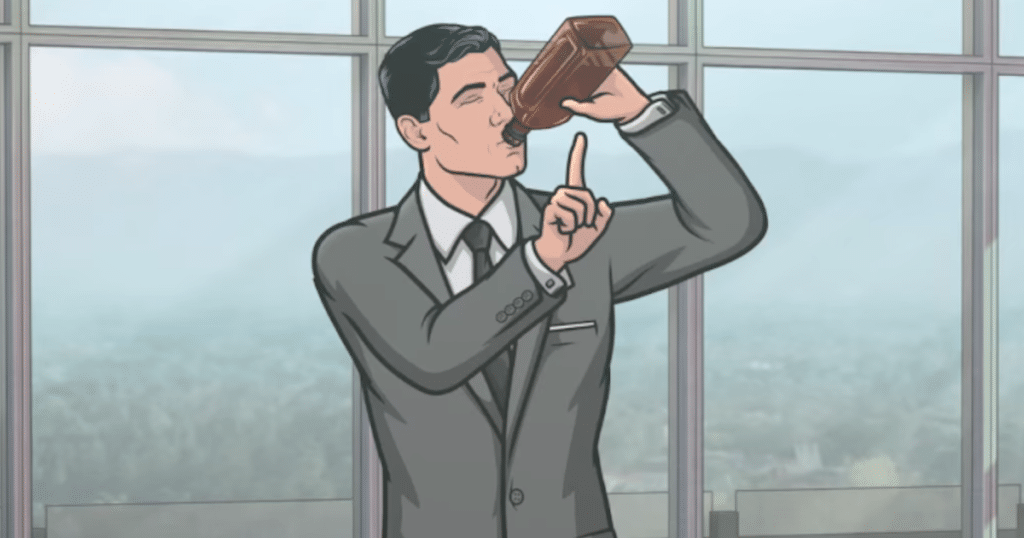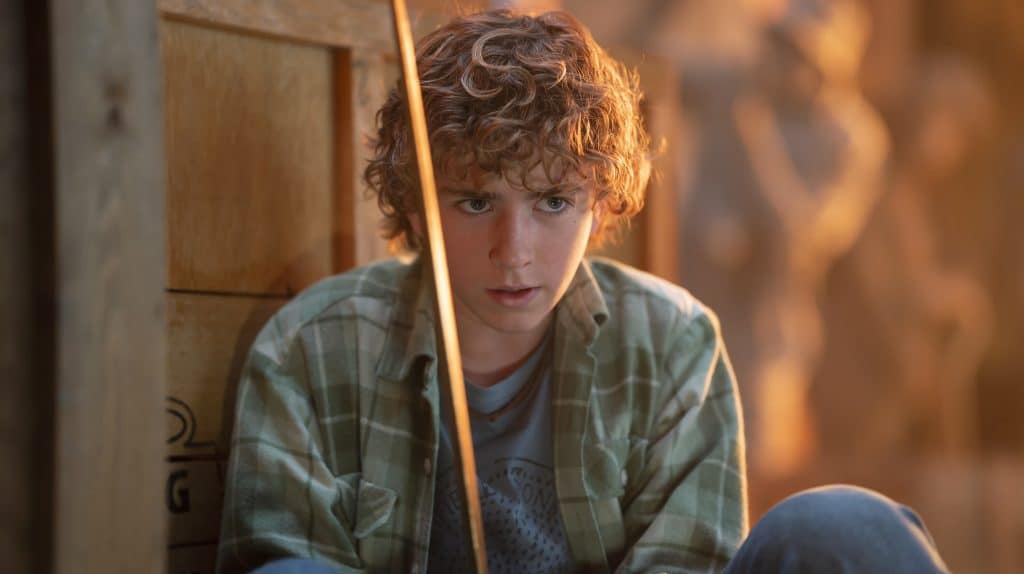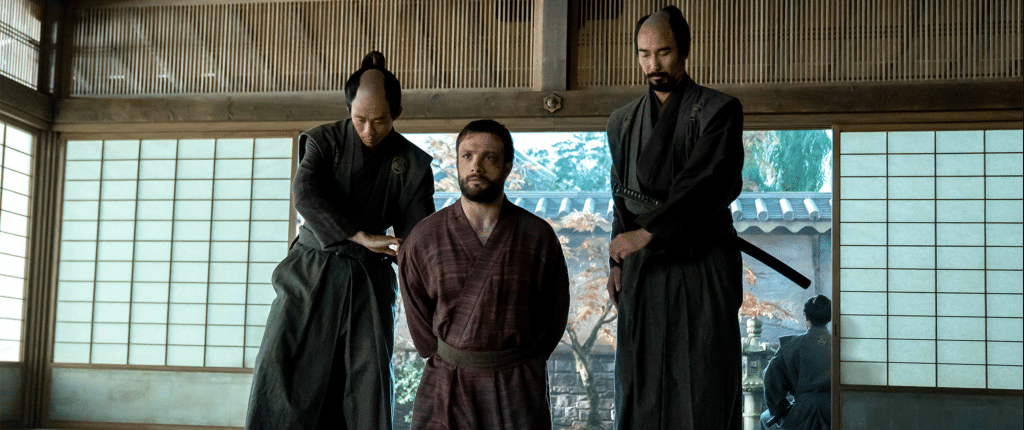Why A Young Hatter Madigan Animated Series Could Be The Next "Avatar: The Last Airbender"
I don’t know what has happened but in the past five to ten years the popularity of anime has exploded. While you could argue that anime was always massive, it was more of a subculture consisting of those kids who Naruto-ran in P.E. and those who watched anime but didn’t talk about it because they didn’t want to be grouped in with the Naruto-runners. What was once nerd culture is now popular culture. And I’m here for it.
I’ll let you in on a little secret, too; I was always here for it. No, I was not a Naruto runner, but when Cartoon Network switched to Toonami came on, I was locked in. (Specifically, I liked Bleach.) I knew I was about to watch something different from what I had ever seen before. Everything was new and exciting - the art style, world-building, action, and the themes that were being tackled. Before I had seen anime it never occurred to me that cartoon characters could bleed if the artist wanted them to. It was mind-blowing, it still is. When I’m in a creative rut I’ll find an anime series I’ve never seen before because the creativity is so different. It’s like a factory reset for me.
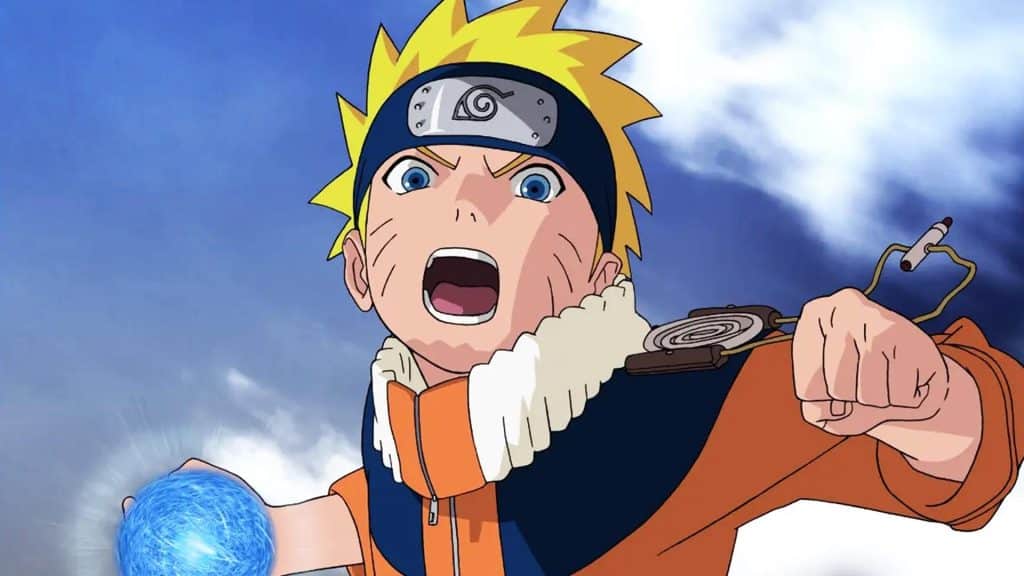
In America, the most popular anime genre is shōnen. Shōnen is manga/anime with a target audience of 12 to 18-year-old boys (girls obviously love it as well because it wouldn’t be as popular without them). Some of the most popular anime shows that have ever existed fall into this genre, Naruto, Dragonball Z, Bleach, Attack on Titan, Full Metal Alchemist, One Piece, and Hunter X Hunter. I want to keep going because I’m afraid I will miss your favorite show and you will leave an angry comment I won’t read but I’ve already mentioned enough shows.
A common trope in anime is taking a known thing, be it a historical event, fictional universe, and/or real or fictional characters, and tailoring them to the author's vision. Take the character Franken Stein from Soul Eater for example. In the show, he is an amalgamation of both Victor Frankenstein and his monster and uses electricity-centric attacks. Mary Shelley’s Frankenstein is obviously the inspiration yet, in the show, Franken Stein is wholly unique. Taking characters, IPs, or historical events and using them as a jumping-off point to create your own story isn’t uniquely Japanese. A perfect example of that is in Frank Beddor’s The Looking Glass Wars series and the Hatter M graphic novels. Frank took Lewis Carroll’s world and characters and created a unique realm. This is why I think The Looking Glass Wars would be perfect for a “Western anime” adaptation. Specifically, an animated series following his Mad Hatter character, the Master Milliner and Royal Bodyguard Hatter Madigan.
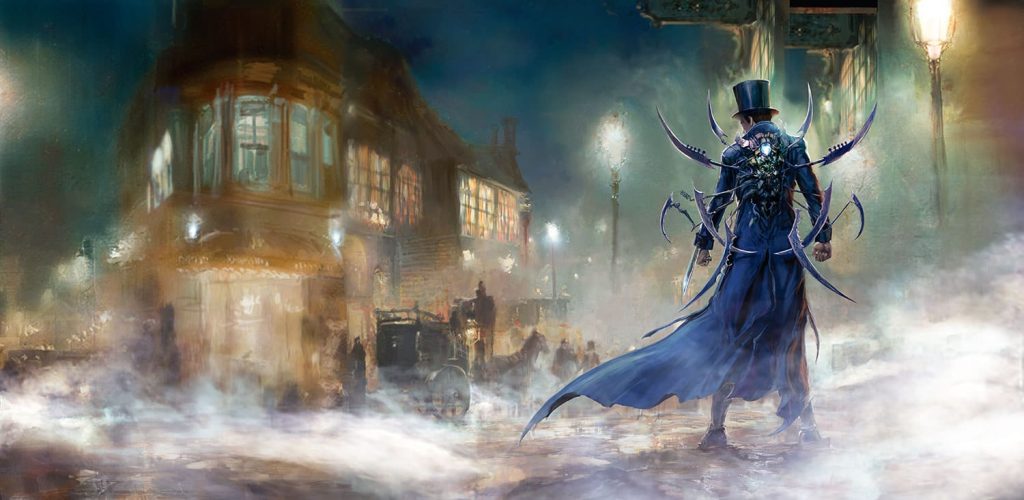
Frank Beddor’s Hatter Madigan is not your tea-sipping, seat-swapping Hatter of old. He is a badass blade-slinging, hat-throwing, supersoldier. His story is perfect for an animated adaptation. In Frank Beddor’s The Looking Glass Wars series, Hatter Madigan is introduced as the royal bodyguard for Princess Alyss and her family. The Hatter M graphic novel spinoff series follows Hatter on his wild and action-packed adventures around the world in search of the missing Princess Alyss. This alone is enough for a show but the world of Wonderland that Frank created is so much larger than this. We haven’t even gotten into the Suit families and their political battles, card soldiers, the mysterious and powerful skills of Dark and Light Imagination, creative tinkerers, looking-glass transportation, and the Crystal Continuum. The world that Frank Beddor built is massive, unique, and detailed. To have this world brought to life through animation would blow everyone away.
The show would follow the young Hatter who was orphaned at four after his parents’ disappearance during a Millinery mission, Hatter and his older brother Dalton lived at the Millinery academy for years before Hatter was allowed to attend the school himself. Burdened by the shadows cast by his talented older brother and his parent's reputation, Hatter strives to be the best. Did someone say training arc? The Millinery is the secretive military force of Wonderland, where the best Milliners are tasked with safeguarding the Queen and her family. Hatter is determined to succeed at the academy and make a name for himself in his own right.
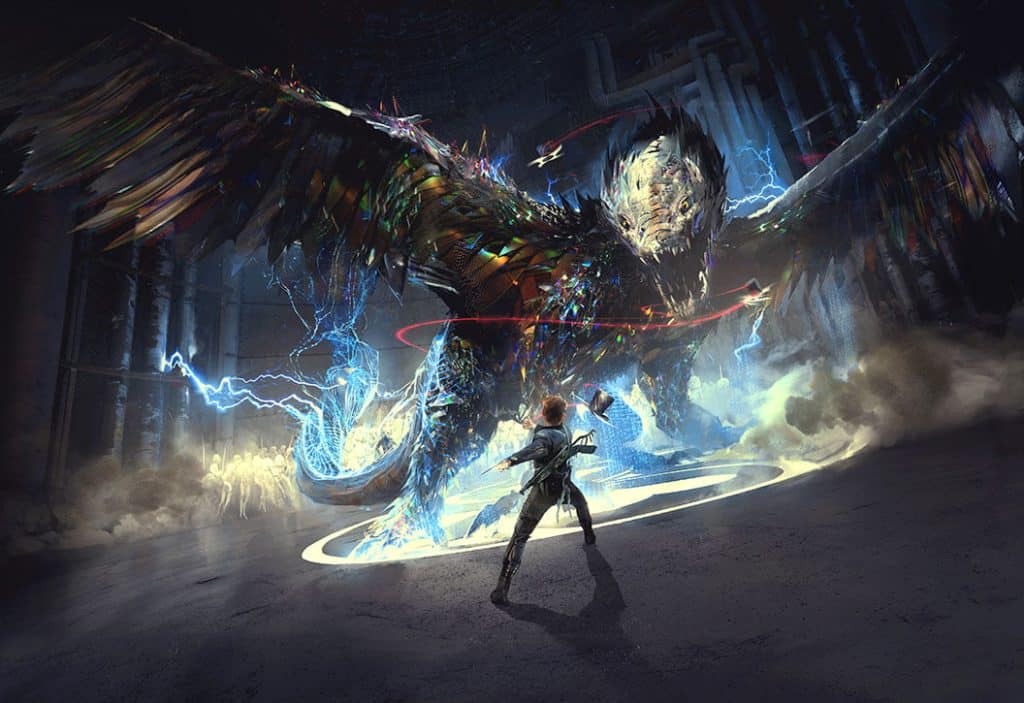
What specifically would make this show a “Western anime?” Or for that matter, what even is a “Western anime?” The term itself doesn’t mean that much on its own because a “Western anime” is just a cartoon. But, there is one specific show that I and many others agree is specifically a “Western anime” and not just a cartoon. That show is Avatar: The Last Airbender.
Along with its Japanese-inspired art style, Avatar also did something that not many other Western cartoons aimed at young adults. The show’s themes and stakes were serious. Characters got injured, were in peril, and had to make truly difficult choices. The show had depth, which is much more common in anime compared to Western cartoons. So, while there is no such thing as a “Western anime,” an animated series about Hatter Madigan could sit beside Avatar: The Last Airbender and become a show that people call a “Western anime.”
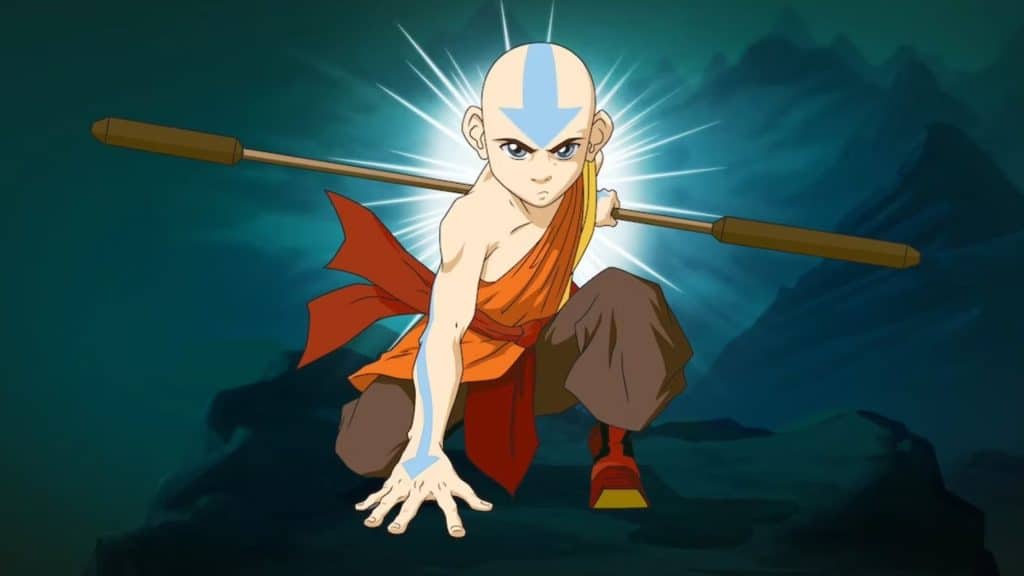
There are things about the Hatter Madigan series as well as The Looking Glass Wars that are reminiscent of anime already. Starting on the surface, let’s look at the weapons. Specific weapons and tools are a common trope in anime. Gon from Hunter x Hunter has his fishing rod, Mitsuri Kanroji’s whip sword in Demon Slayer, and the Death Note in Death Note. The reason for these cool, unique, and unorthodox weapons in anime is that they allow the viewer to gain a sense of who a character is just by glancing at them. Milliners are known for their signature hats. While stylish, they are sentient, deadly, thrown weapons. Along with their hats, Milliners also utilize many other weapons, from belt buckles with a series of J-shaped sabers to backpacks that seem to provide an unending supply of different blades. A vast majority of these weapons are imbued with magical thread made of caterpillar silk to make them even more powerful.
There is something “weird” about anime. Now, when I say “weird” (and I’m going to say it a few times) I don’t mean that in a bad way. I would argue the “weirdness” is a drawing point for many of the viewers. The “weirdness” is originality. Even when a show is an adaptation, there is always some form of “weirdness” that takes something we all know and turns it on its head. When one takes a step back, it is easy to see that weirdness isn’t unique to anime. Alice’s Adventures in Wonderland is weird and Frank’s adaptations are weird as well. Again, weirdness is not a bad thing, it just means that it’s something that has not been seen before or is an original take on something familiar. The Hatter animated series would have the perfect amount of weirdness, attracting audiences and keeping them locked in. Weapons imbued with caterpillar thread are weird and awesome. If you want to zoom out more, turning Lewis Carroll’s Wonderland into this amazing sci-fi/fantasy world is weird…and awesome.
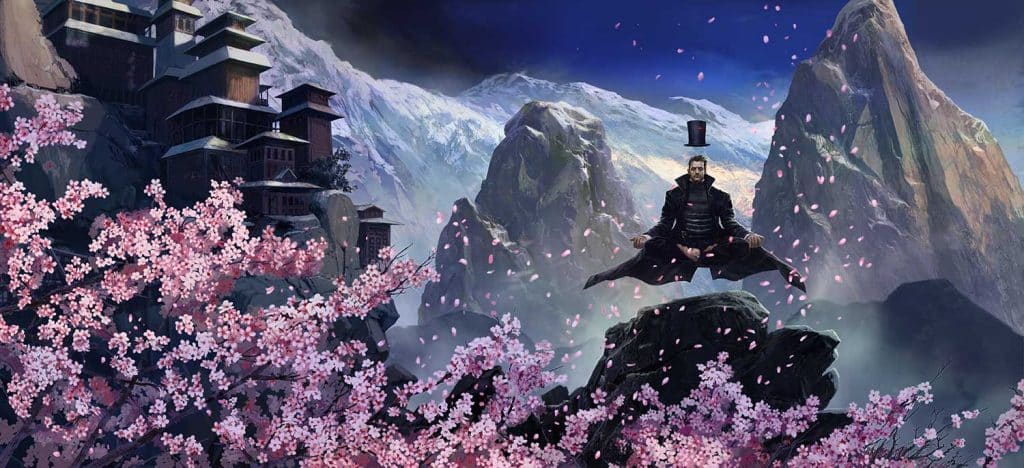
Finally, there are the stakes. As I mentioned before, Avatar: The Last Airbender is accepted as a “Western anime” not because of its art style but for its themes. The main character, Aang, is the last Airbender due to the Fire Nation’s genocide of the airbenders. In The Looking Glass Wars trilogy and the Hatter M graphic novel series people get hurt, people die, and characters have to make difficult moral choices. This, of course, would translate to the show. Hatter Madigan is an orphan who grew up in the Wonderland version of Westpoint before attending said school. While I’m sure he would have some happy memories of his childhood, that does not make it a happy childhood. The show, of course, will have its fair share of fun and lighthearted moments, but these will be balanced with the drama. It feels as though in animated shows, it is often forgotten that kids can handle a lot more than just the happy or silly moments.
A Hatter animated show needs to be made. There has been a massive vacuum left by The Last Airbender that has yet to be filled. Given the rise of anime, it’s obvious that people want more and they are going elsewhere to get it. Alice’s Adventures in Wonderland is one of the most recognizable and successful IPs in history. People can’t get enough of Alice. So let’s give them what they want.
Meet the Author

Jared Hoffman graduated from the American Film Institute with a degree in screenwriting. A Los Angeles native, his brand of comedy is satire stemming from the many different personalities and egos he has encountered throughout his life. As a lover of all things comedy, Jared is always working out new material and trying to make those around him laugh. His therapist claims this is a coping mechanism, but what does she know?
